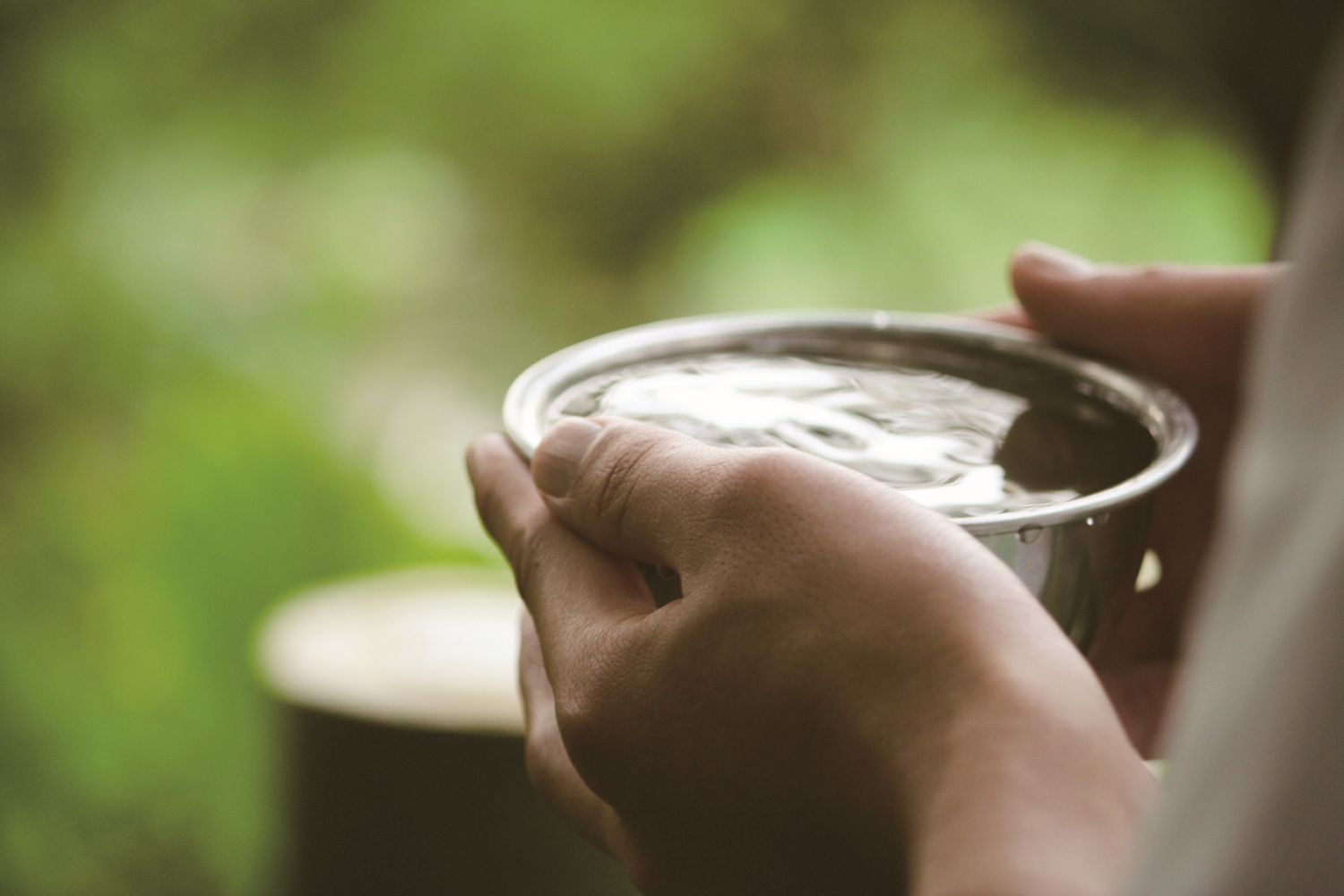Special Topics
Physical and mental relaxation strategies
Whether it is the actual external pressure or the imagined internal stress that causes the body to tense up, learning to relax can restore the body to balance after suffering from stress. Modern medicine has suggested many relaxation methods, including the following:1. Muscle Exercise: In clinical medicine, "progressive muscle relaxation" has been widely used to treat the symptoms brought about by physical and mental tension. This exercise can effectively relieve tension headaches, migraines, or back pain. The simplest relaxation exercise can start from controlling the muscles, alternating between deliberately tensing and relaxing the body, helping the body identify two different states of the muscles, and relieving the body from the state of continuous tension brought on unconsciously.
2. Abdominal Breathing: Breathing control is also an effective stress management technique. Psychiatrist Dr. ChehHua Hsu explained that deep relaxation breathing can provide sufficient oxygen to the brain and body cells, stimulate the parasympathetic nervous system, reduce anxiety and fatigue, and increase physical and mental regulation and body metabolism.
3. Exercise Habits: To realize a healthy lifestyle, in addition to an appropriate diet and healthy lifestyle routines, it is best to develop the habit of exercising. The accumulated fatigue at work often causes the muscles to accumulate lactic acid, which makes the body feel sore and tired, and also causes emotional tension. Low intensity aerobic exercise, such as walking, Tai Chi, yoga, cycling or swimming, etc., can metabolize the body's long-term accumulation of lactic acid. Therefore, the development of good exercise habits can relax the body and mind.
4. Listen to Music: Emergency physician Dr. FuYuan Shi, who is familiar with Western classical music, recommends music suitable for relaxation from his own experience, such as pieces by Bach, Schubert, Chopin, and Brahms, all of which can help settle the mind, eliminate fatigue, and relax the mood. After a long, busy and stressful day, the best relaxation is a good night's sleep. Bach's "Goldberg Variations" is very suitable for sleep. You may try it as an alternative to relying on sleeping pills.
5. Laugh: Laugh! Especially when laughing out loud, the body becomes relaxed, tension of the nerves are released, and the cells will be under less pressure. In this way, the body will become healthier. Laughing can also soothe the tired body and mind; the excited emotions drive the body's energy flow smoothly, which in turn prevents stagnation.
 6. Meditation: Dr. NaiShin Chu, a neurologist who has studied "Meditation and Brain Science", found that the most obvious physical and mental changes in meditation beginners meditation are relaxation responses, i.e., breathing and heartbeat tend to slow down, blood pressure decreases, stress hormones decrease, and parasympathetic nerve activity increases. With frequent meditation, one can improve one's concentration and capacity of awareness. In addition, the prefrontal lobe activity of the brain shifts from the right side, which dominates negative emotions, to the left side. Finally, the temperament tends to become enthusiastic, caring and relaxed.
6. Meditation: Dr. NaiShin Chu, a neurologist who has studied "Meditation and Brain Science", found that the most obvious physical and mental changes in meditation beginners meditation are relaxation responses, i.e., breathing and heartbeat tend to slow down, blood pressure decreases, stress hormones decrease, and parasympathetic nerve activity increases. With frequent meditation, one can improve one's concentration and capacity of awareness. In addition, the prefrontal lobe activity of the brain shifts from the right side, which dominates negative emotions, to the left side. Finally, the temperament tends to become enthusiastic, caring and relaxed.7. Temporarily Space-out to Decompress: Cognitive psychologist Yongyi Chen believes that you can try to reduce the gap when faced with situations. For instance, when the balance between reality and the ideal is lost and what you desire cannot be realized; the best way is not to drink, play video games, or indulge yourself; rather, it is to take a break and space-out, thereby calming one's troubled thoughts. Just relax and refocus yourself.
8. Supplemental Nutrition: When the body is not relaxed, it also easily becomes deficient in vitamin B complex, causing the nervous system to malfunction. Dr. RuiYun Hsu, who specializes in nutrition, suggests supplementing your diet with foods rich in vitamin B complex, such as whole grains, whole wheat or brewer's yeast, to help your body maintain normal functioning of the nervous system.
In addition, how does one psychologically guide oneself to relax? Dr. RuiYun Hsu suggests, "When confronting negative energy, what we need to do is to focus on relaxing ourselves. Practice pulling attention back to our own breathing, then slowly observe which part of the body is very tense or uncomfortable." Dr. Hsu believes that when one is concentrating, one is living in the present moment. As long as one is living in the present moment, every moment of life is at ease, joyful and relaxed.
Extended Reading:
Relaxation and Ease of Mind
Q&A about Relaxing the Body and Mind - Question 1: How do we know that the body is tight and needs to be relaxed?
Q&A about Relaxing the Body and Mind - Question 2: Why is it easy to become drowsy when relaxing?
Q&A about Relaxing the Body and Mind - Question 3: Does relaxation mean thinking and doing nothing?
Q&A about Relaxing the Body and Mind - Question 4: I know I want to relax, but I just can't make it. What should I do?
Q&A about Relaxing the Body and Mind - Question 5: How is relaxation different from letting go and spacing out?
Relaxation for Recovery of Body-mind Balance
Physical and mental relaxation strategies
Resource: Issue 353 of Life Magazine, Dharma Drum Publishing Corporation
Photos: Issue 353 of Life Magazine, Dharma Drum Publishing Corporation
Translation: Glen Sha
Editing: Keith Brown, YKL
